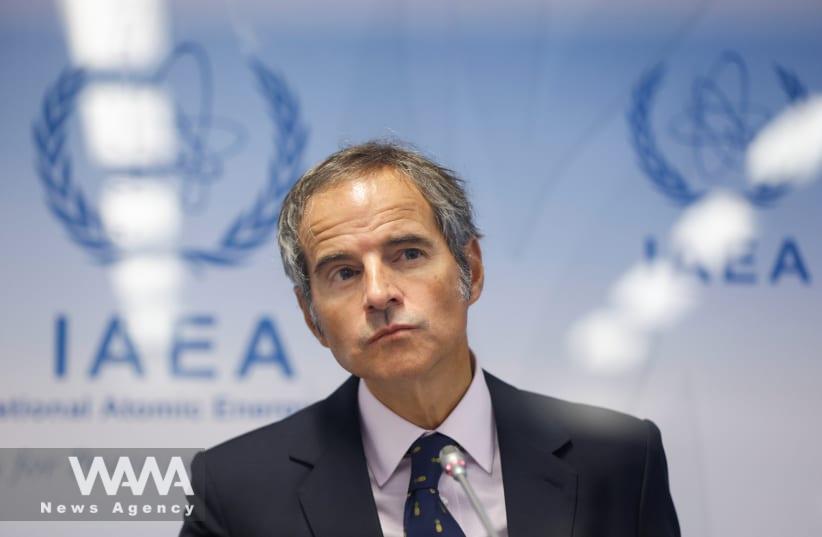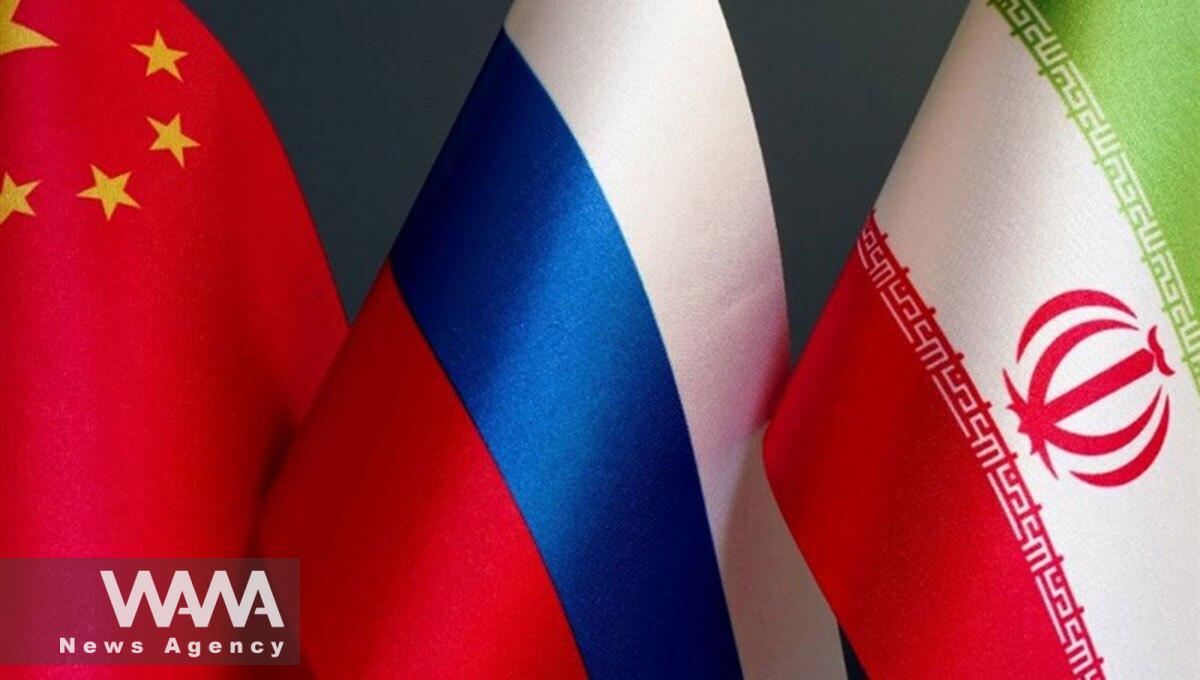WANA (Oct 25) – The Ambassadors and Permanent Representatives of Russia, China, and Iran to the United Nations Office have stated in a joint letter to the Director General of the International Atomic Energy Agency (IAEA) that the European Troika’s invocation of the so-called “snapback” mechanism is inherently flawed, both legally and procedurally.


WANA (Oct 24) – Iran’s Deputy Foreign Minister for Legal and International Affairs announced that the permanent representatives of Iran, Russia, and China have sent a joint letter to the Director General of the International Atomic Energy Agency (IAEA), Rafael Grossi. In the letter, the three countries declared the activation of the so-called “snapback” mechanism […]
The full text of the letter by the Ambassadors and Permanent Representatives of the Islamic Republic of Iran, the Russian Federation, and the People’s Republic of China to Mr. Rafael Mariano Grossi, Director General of the IAEA, reads as follows:
His Excellency Mr. Rafael Mariano Grossi
Director General of the International Atomic Energy Agency
We, the Ambassadors and Permanent Representatives of the People’s Republic of China, the Islamic Republic of Iran, and the Russian Federation, have the honor to refer to the joint letter of our respective Ministers of Foreign Affairs dated 28 August 2025 (INFCIRC1314-A/79/1004-S/2025/546), which sets out our common position regarding the recent actions taken by the United Kingdom, France, and Germany (the E3) in relation to United Nations Security Council Resolution 2231 (2015).
We reaffirm that the invocation of the so-called “snapback” mechanism by the three European countries — the United Kingdom, Germany, and France — is inherently flawed from both legal and procedural perspectives.
The three European countries, having themselves violated their obligations under the Joint Comprehensive Plan of Action (JCPOA) and Security Council Resolution 2231, and having failed to complete the established procedures under the Dispute Resolution Mechanism (DRM), lack the legal standing to invoke its provisions.
Accordingly, we confirm that, in accordance with Security Council Resolution 2231 (2015), all provisions of that resolution will terminate on 18 October 2025.
With this termination, the reporting mandate of the Director General of the IAEA concerning verification and monitoring under Security Council Resolution 2231 has come to an end.
Within the IAEA, the implementation of the JCPOA — as well as verification and monitoring in the Islamic Republic of Iran in the context of Resolution 2231 — was authorized by the Board of Governors through its resolution dated 15 December 2015 (GOV/2015/72).
That resolution remains valid and constitutes the sole guidance which the IAEA Secretariat is obliged to follow in this regard.
Operational paragraph 14 of that resolution clearly states that the Board of Governors “decides to remain seized of this matter for a period of ten years from the JCPOA Adoption Day, or until the date when the Director General reports that the Agency has reached the Broader Conclusion for Iran, whichever is earlier.”
Consequently, as of 18 October 2025, this matter will be automatically removed from the Board of Governors’ agenda, and no further action will be required in this context.
Our countries once again emphasize that it is essential for the relevant parties to remain committed to finding a political solution that addresses the concerns of all sides through diplomatic engagement and dialogue based on the principles of mutual respect. All parties should refrain from unilateral sanctions, threats of force, or any actions that may further escalate the situation. Every country should contribute to creating an appropriate environment and conditions for diplomatic efforts.
The Permanent Missions of China, the Russian Federation, and the Islamic Republic of Iran request that this letter be circulated by the IAEA Secretariat as an INFCIRC document to all member states of the International Atomic Energy Agency.
Respectfully,
Ambassador and Permanent Representative of the People’s Republic of China
Ambassador and Permanent Representative of the Islamic Republic of Iran
Ambassador and Permanent Representative of the Russian Federation
